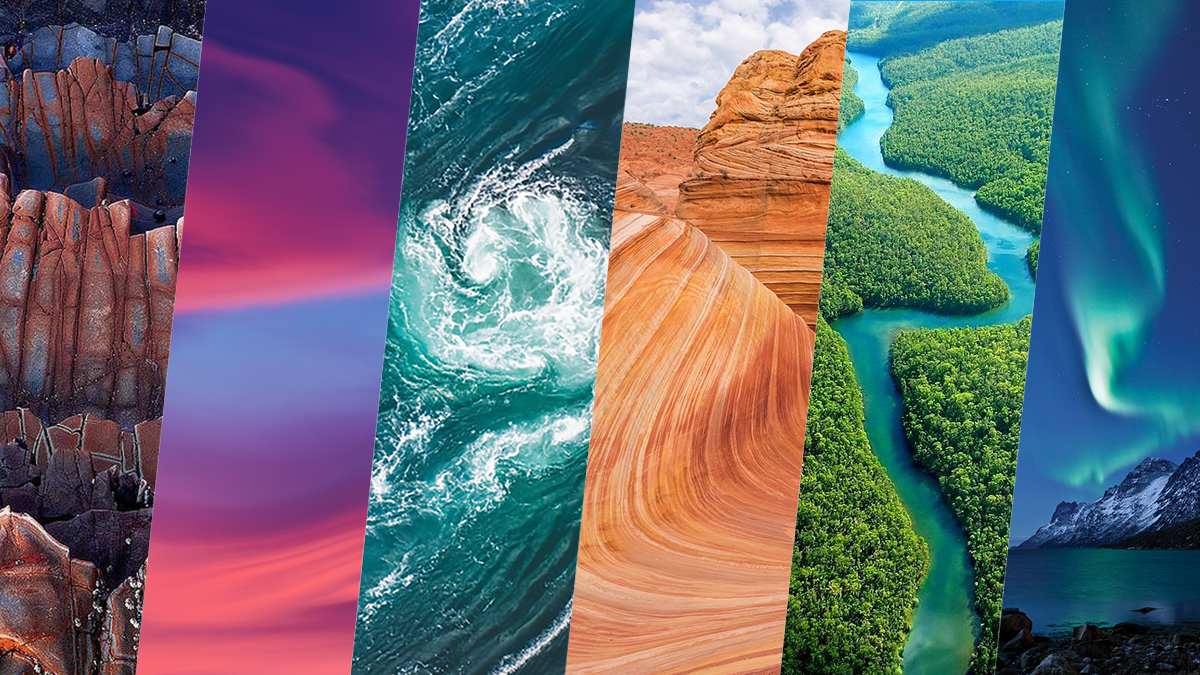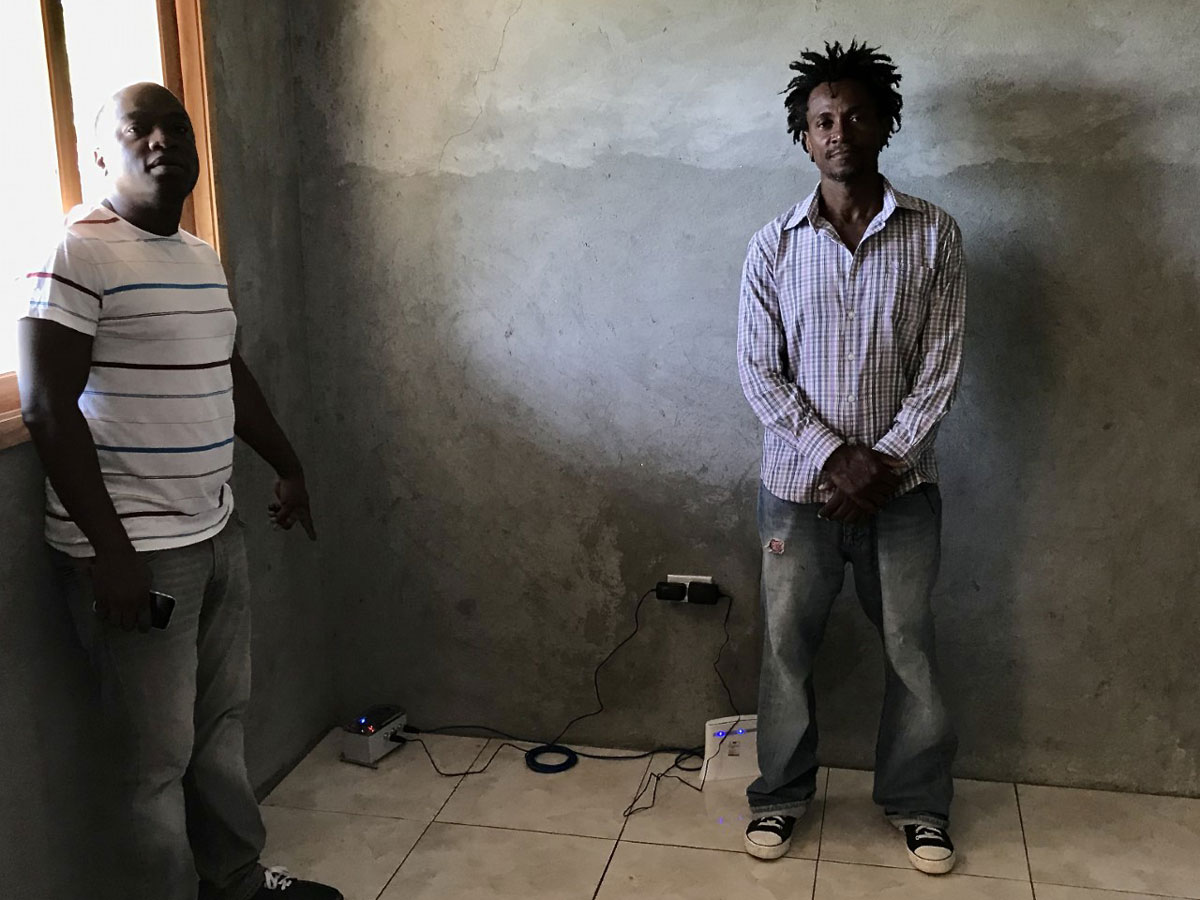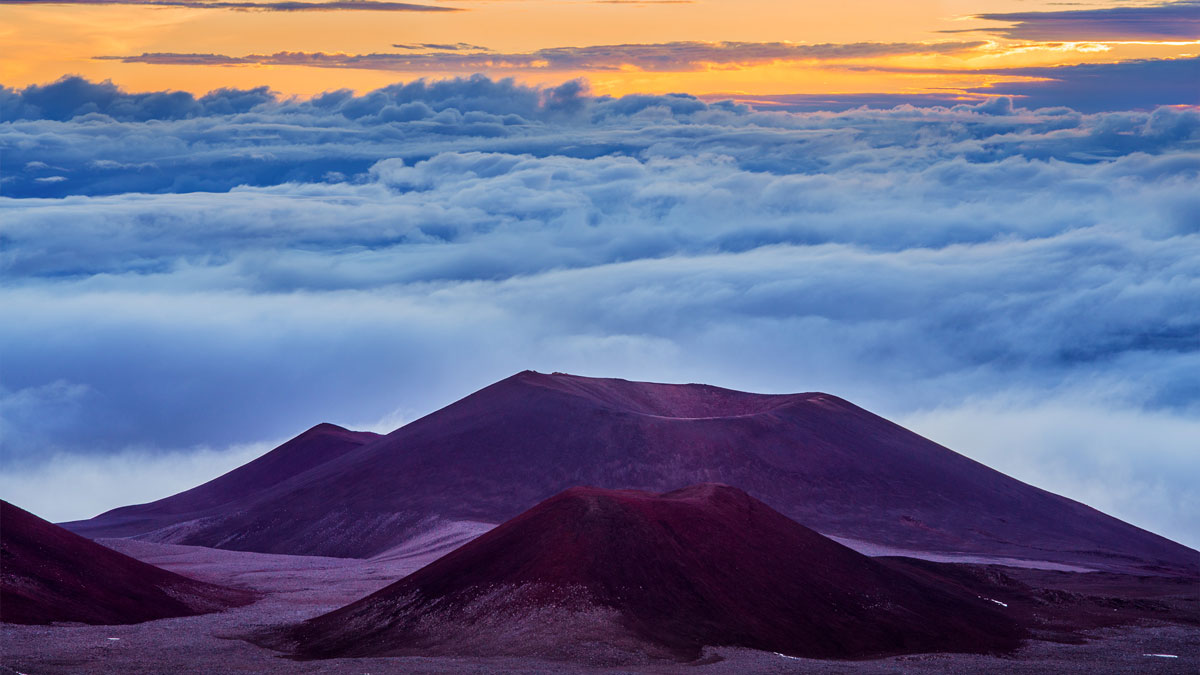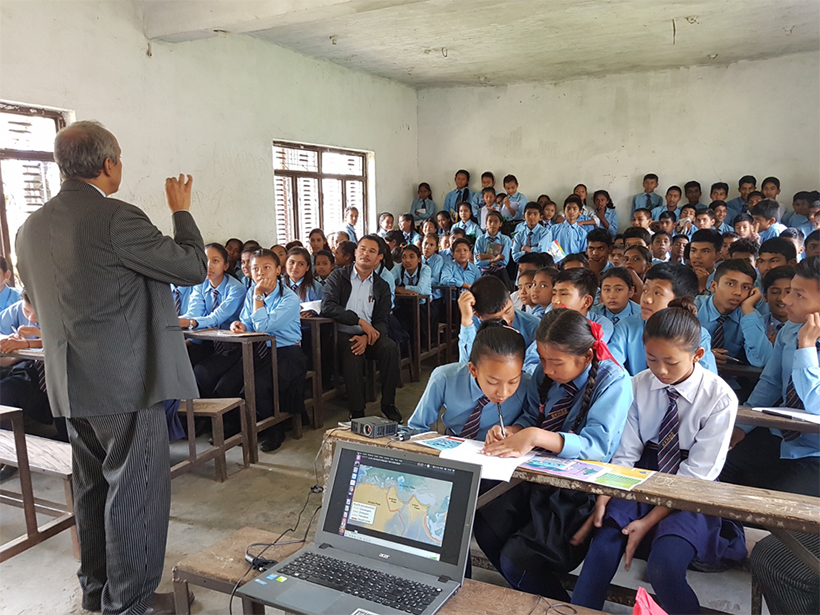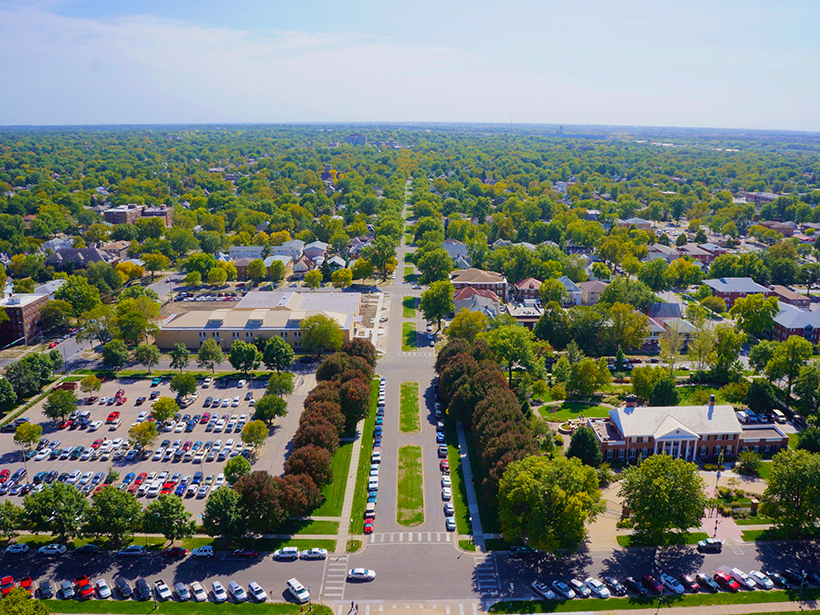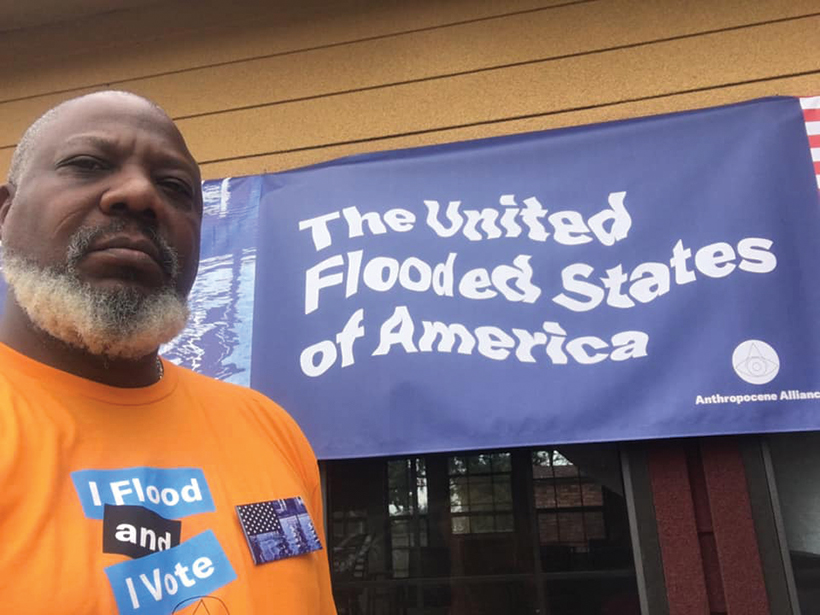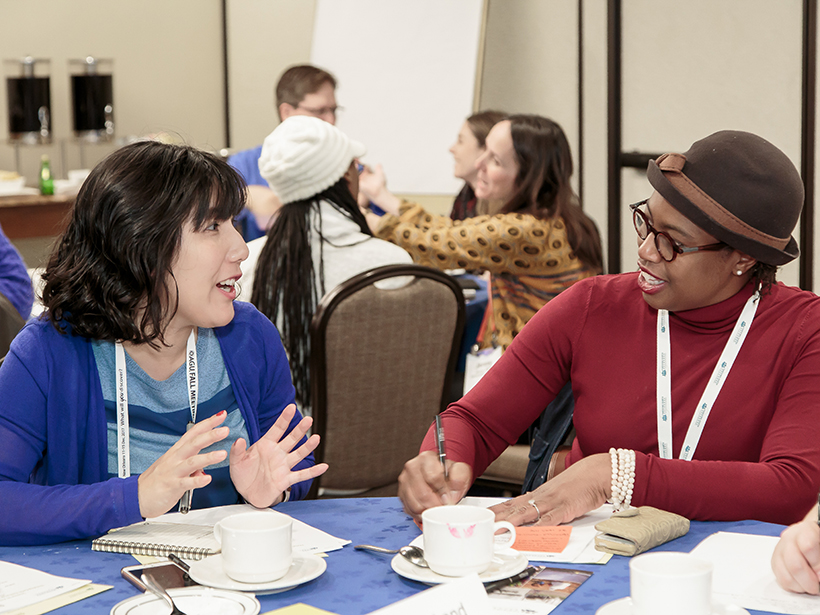AGU journals host a new living special collection on diversity, equity, and inclusion in the geosciences and invite additional contributions to grow this collection.
community science projects
Rock Music in Utah
Three-dimensional models could help forecast rock tower frequencies—and seismic impacts—around the globe.
Community Science Builds a Seismic Network in Haiti
Small, inexpensive seismometers are capable of sharing high-quality data in real time—and were put to the test during an August 2021 earthquake.
Reframing Funding Strategies to Build Reciprocity
Extractive and exploitive practices erode trust in Western science among Indigenous communities. Changing funding structures is one way to develop reciprocity and respect and repair relationships.
Trayendo la Educación Sobre Terremotos a las Escuelas de Nepal
El programa de Sismología en la Escuela en Nepal, tiene como objetivo preparar a las comunidades rurales para el próximo gran terremoto.
Geoscientists Help Map the Pandemic
Data visualization and mapping are valuable tools in the fight against COVID-19. Geoscientists can help healthcare workers and shape public policy.
Bringing Earthquake Education to Schools in Nepal
The Seismology at School in Nepal program aims to prepare rural communities for the next big earthquake.
Communities Thrive with Thriving Earth
As AGU celebrates 100 years, its Thriving Earth Exchange is setting a foundation for the future, partnering with community leaders to bring scientific solutions to pressing local issues.
AGU’s Thriving Earth Exchange Wins 2019 Power of A Summit Award
The highest honor of the American Society of Association Executives recognizes organizations that benefit the United States and the world.
Coral Reef Video Game Will Help Create Global Database
Players dive off a research boat, identify and classify coral reefs using satellite and drone images, and bring marine life back to reefs. In doing so, they help scientists teach a machine to learn.

